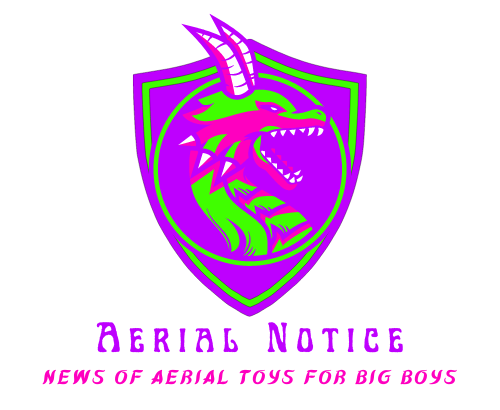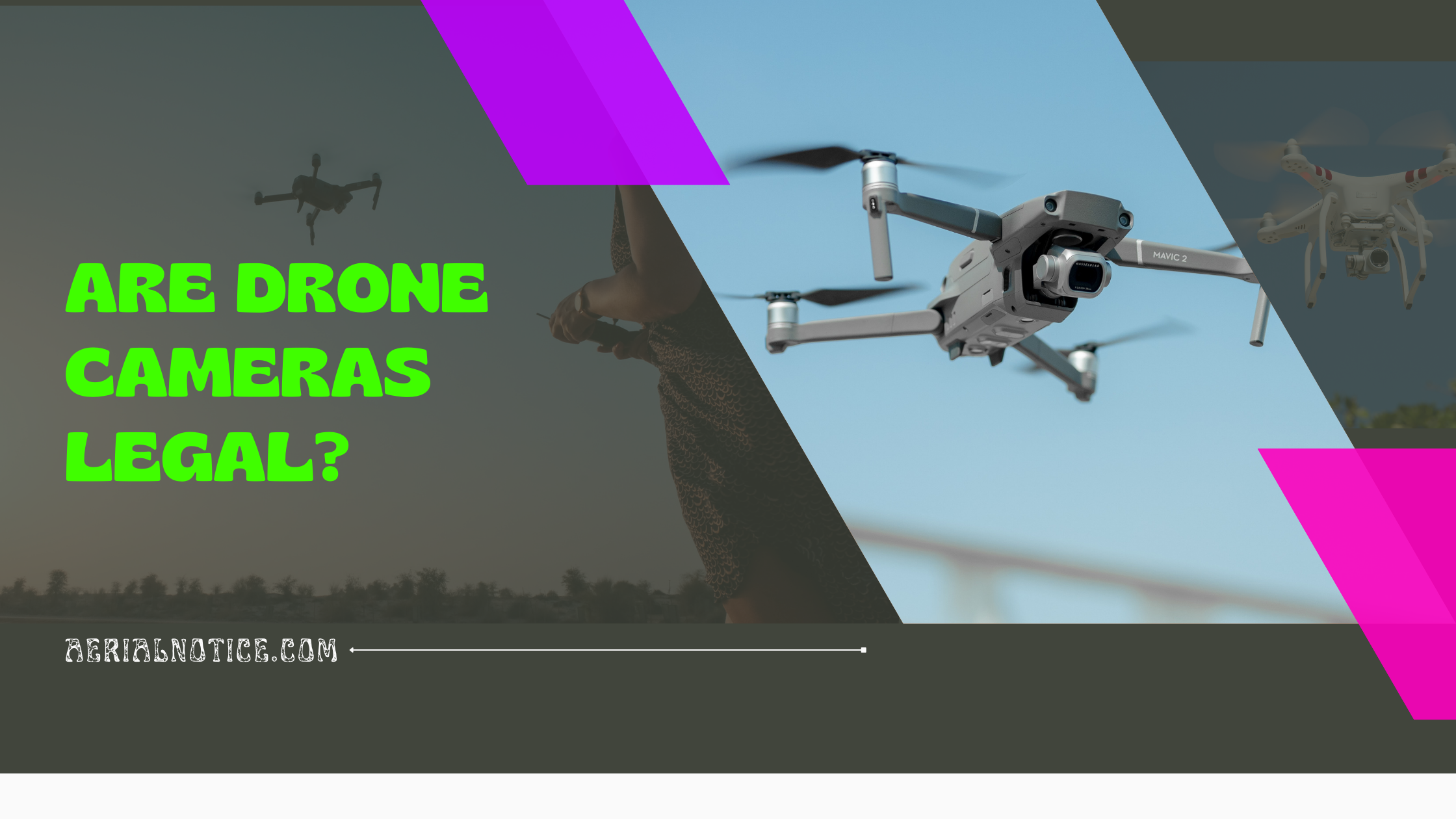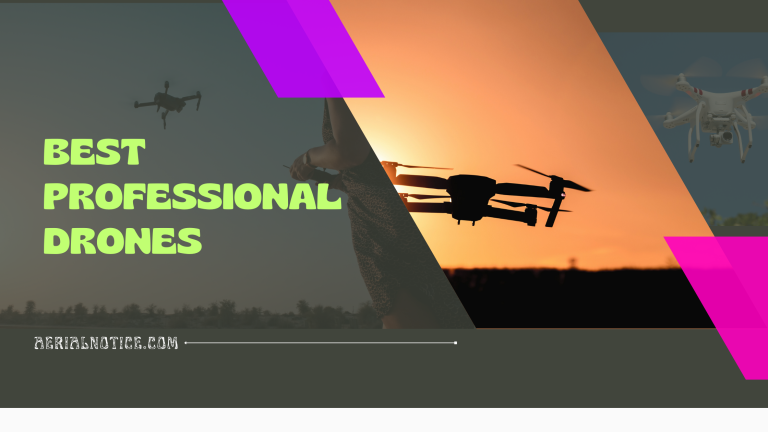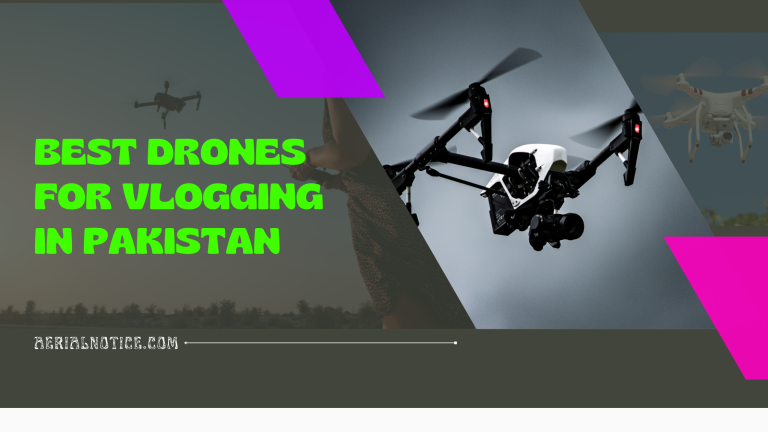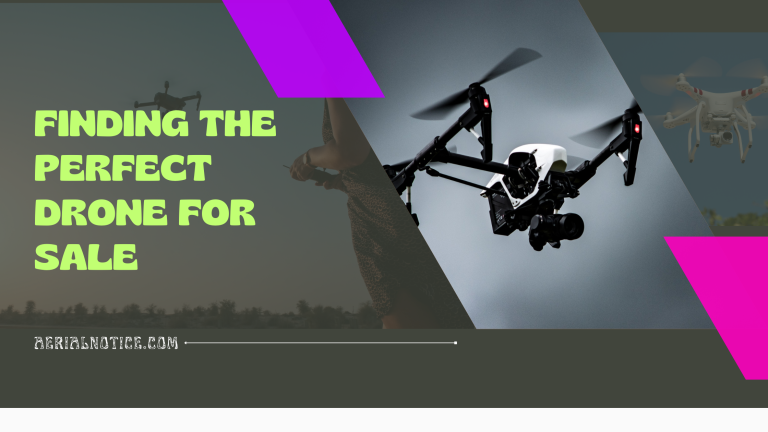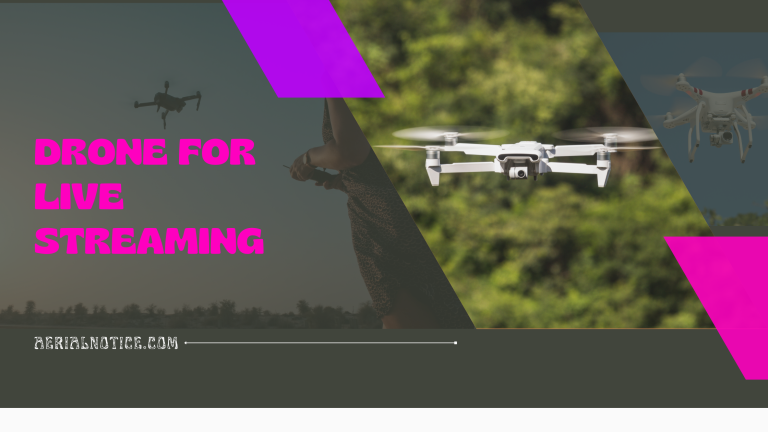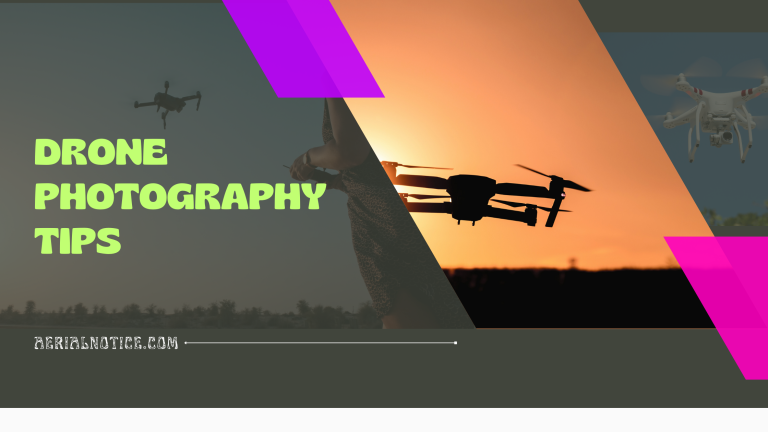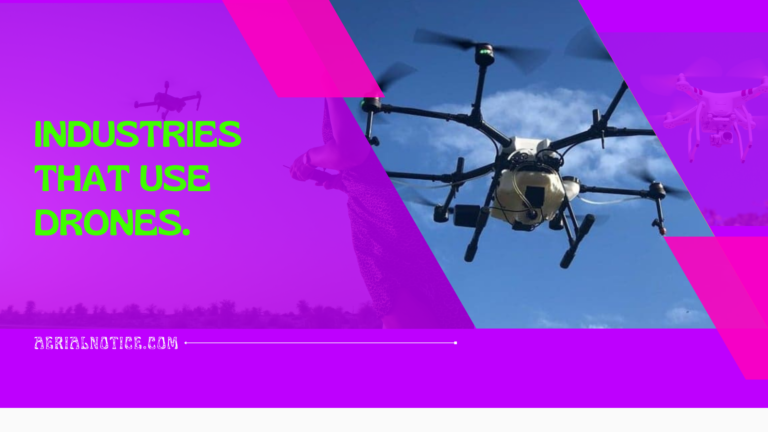Navigating the Skies: Are Drone Cameras Legal?
Introduction: A Sky-High Adventure
Welcome to the exhilarating world of drone photography and videography! Imagine soaring through the skies, capturing breathtaking landscapes, and experiencing the world uniquely. Drone cameras have opened up endless possibilities for photographers, hobbyists, and businesses. However, with this great power comes great responsibility, and understanding the legal landscape is essential.
In this guide, we’ll journey through the legal intricacies of drone cameras, from federal regulations to privacy concerns, commercial and recreational use, national security implications, liability issues, emerging challenges, and even notable legal cases. You’ll be well-equipped to navigate the skies legally and safely when you finish reading.
I. Regulatory Framework
A. Federal regulations
The Federal Aviation Administration (FAA) is the governing body regarding drone regulations in the United States. The FAA sets the rules for safe drone operation. In this section, we’ll explore the FAA’s laws, including drone registration and licensing requirements. Understanding these federal regulations is crucial for every drone operator.
B. State and local regulations
Drone laws vary significantly from state to state, and local municipalities may have their ordinances and restrictions. In this subsection, we’ll discuss the differences in drone laws by state and explain how municipal ordinances can impact where and how you can fly your drone. Staying informed about state and local regulations is vital for compliance.
II. Privacy and Surveillance Concerns
A. Invasion of privacy
Using drones for surveillance and data collection has raised concerns about invasion of privacy. We’ll delve into this issue’s ethical and legal aspects, exploring the boundaries that drone operators must respect to avoid infringing on individuals’ privacy rights.
B. Surveillance laws and restrictions
Drones equipped with cameras can be powerful tools for surveillance. However, laws and restrictions are in place to ensure this power is used effectively. In this subsection, we’ll examine the legal framework governing drone surveillance activities, including privacy laws and restrictions.
C. Balancing individual rights with technology advancements
The line between individual rights and technological innovation becomes increasingly blurred as technology advances. We’ll explore the ongoing debate about balancing personal privacy and drone technology’s capabilities. Finding this balance is a complex challenge that society continues to grapple with.
III. Commercial Use and Licenses
A. Commercial drone operations
Drones are transforming industries from filmmaking to agriculture. This section will explore the opportunities and challenges of using drones for commercial purposes. We’ll also discuss the diverse applications of commercial drones.
B. Licensing and certification requirements for commercial operators
To operate a drone commercially, you need specific licenses and certifications. We’ll provide detailed information on the requirements for commercial drone operators, ensuring you understand the steps necessary to use drones for business purposes legally.
C. Case studies of legal issues in commercial drone photography
Real-world legal challenges can arise when using drones for commercial photography. We’ll examine case studies that highlight these challenges and their outcomes, providing insights into the legal complexities commercial drone operators face.
IV. Recreational Use and Hobbyists
A. Hobbyist drone operators
Many people enjoy flying drones as a hobby. This section will discuss the rules and guidelines for recreational drone use, clarifying what hobbyists need to know to fly their drones safely and responsibly.
B. Recreational drone flight guidelines
Safety is paramount when flying drones for fun. We’ll provide tips and guidelines to help hobbyists ensure their recreational drone flights are enjoyable and safe. Navigating the skies responsibly is vital to a positive drone hobby experience.
C. Legal restrictions on recreational drone use
While flying drones for fun is a great pastime, there are legal restrictions that must be followed. We’ll outline the legal boundaries hobbyists need to know when enjoying drones.
V. National Security and Restricted Areas
A. No-fly zones and restricted airspace
Some areas are off-limits to drones for security reasons. We’ll explain what constitutes no-fly zones and restricted airspace and why respecting these boundaries is essential. Violating these restrictions can lead to severe consequences.
B. National security implications of drone cameras
Drones equipped with cameras can pose national security risks. We’ll explore how drones can impact national security and the measures in place to mitigate these risks, ensuring that you understand the broader implications of drone use.
C. Penalties for violating restricted airspace
The penalties for breaching no-fly zones and restricted airspace can be significant. We’ll outline the potential consequences of violating these airspace restrictions, underscoring the importance of compliance.
VI. Liability and Insurance
A. Liability for accidents and property damage
Accidents can happen, and drones are no exception. We’ll examine the legal liabilities associated with drone accidents and property damage, helping you understand your responsibilities as a drone operator.
B. Drone insurance requirements and considerations
Drone insurance is essential for mitigating risks. We’ll discuss the types of coverage available, the factors to consider when selecting a policy, and why having insurance is crucial for drone operators.
C. Legal protections for drone manufacturers and operators
Both manufacturers and operators have legal protections in place. We’ll explore these safeguards, ensuring you understand the legal landscape and where you stand regarding liability.
VII. Emerging Legal Challenges
A. Emerging technologies (e.g., autonomous drones)
Drone technology is rapidly evolving with autonomous drones and other innovations. We’ll address the legal complexities of these advancements and how they impact the drone industry.
B. Evolving privacy laws and regulations
Privacy laws and regulations are continuously changing. We’ll discuss how these evolving laws impact drone operations and the importance of staying informed to remain compliant.
C. Ethical and moral considerations
Beyond the legal realm, drones raise ethical and moral questions. We’ll delve into these considerations, exploring the dilemmas drone technology poses and its broader societal implications.
VIII. Case Studies and Legal Precedents
A. Notable legal cases related to drone cameras
Real-world legal cases have played a significant role in shaping drone regulations. We’ll present critical legal issues related to drone cameras and provide insights into their background and significance.
B. Outcomes and implications of these cases
We’ll examine the outcomes of these legal cases and discuss how they have influenced the legal framework surrounding drone cameras. Understanding these cases is essential for grasping the broader context of drone legality.
Conclusion: Soaring Safely
As you venture into the world of drone cameras, remember that staying informed and adhering to the legal guidelines is crucial. By understanding federal, state, and local regulations, respecting privacy concerns, and being aware of national security implications, you can enjoy the thrill of drone photography while keeping the skies safe for all.
As technology evolves and legal challenges emerge, staying up-to-date on drone regulations is an ongoing commitment. So, take to the skies, capture stunning footage, and be a responsible and law-abiding drone operator. Happy flying!
This comprehensive guide provides a detailed overview of the legal aspects of drone cameras, ensuring you have the knowledge to navigate the skies legally and responsibly. Whether you’re a hobbyist, a commercial operator, or simply curious about drones’ legalities, this guide has you covered.
FAQs
Q1. Do I need to register my drone with the FAA?
A1. Yes, most drones need to be registered with the FAA. Registration is required for all drones weighing between 0.55 and 55 pounds for recreational or commercial purposes.
Q2. Can I fly my drone in a national park?
A2. National parks often have specific rules regarding drone use. Some allow it, while others prohibit it. Always check with the park authorities before flying your drone.
Q3. What kind of insurance do I need for my drone?
A3. Drone insurance typically covers liability for accidents and property damage. The type and amount of coverage you need may vary depending on your usage and risk factors.
Q4. Can I fly my drone at night?
A4. The FAA permits flying drones at night, but you must adhere to specific regulations, such as having anti-collision lights on your drone.
Q5. Are there age restrictions for drone operators?
A5. Yes, there are age restrictions. To register a drone with the FAA, you must be at least 13. Different states may also have their age requirements.
